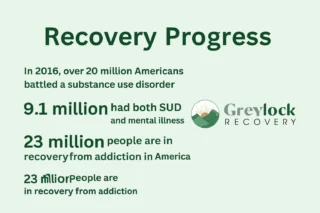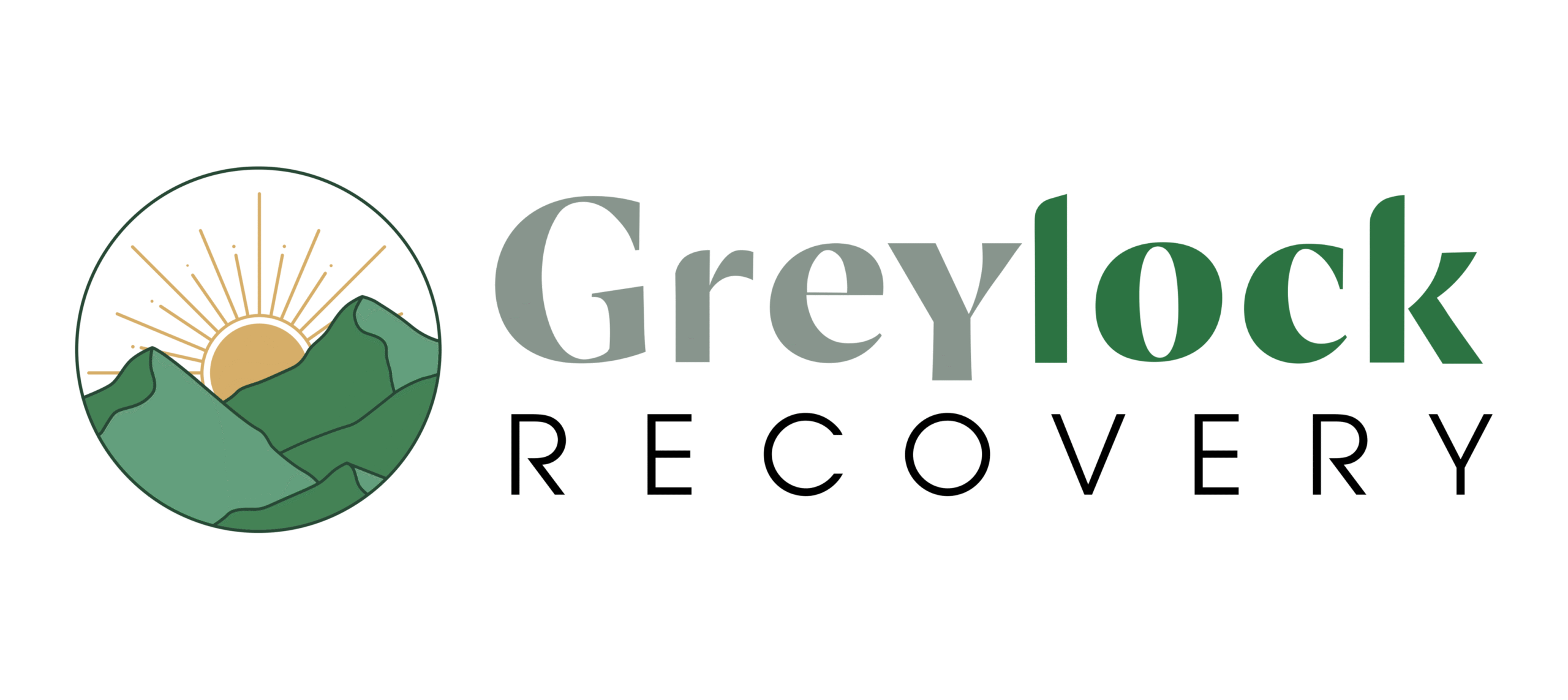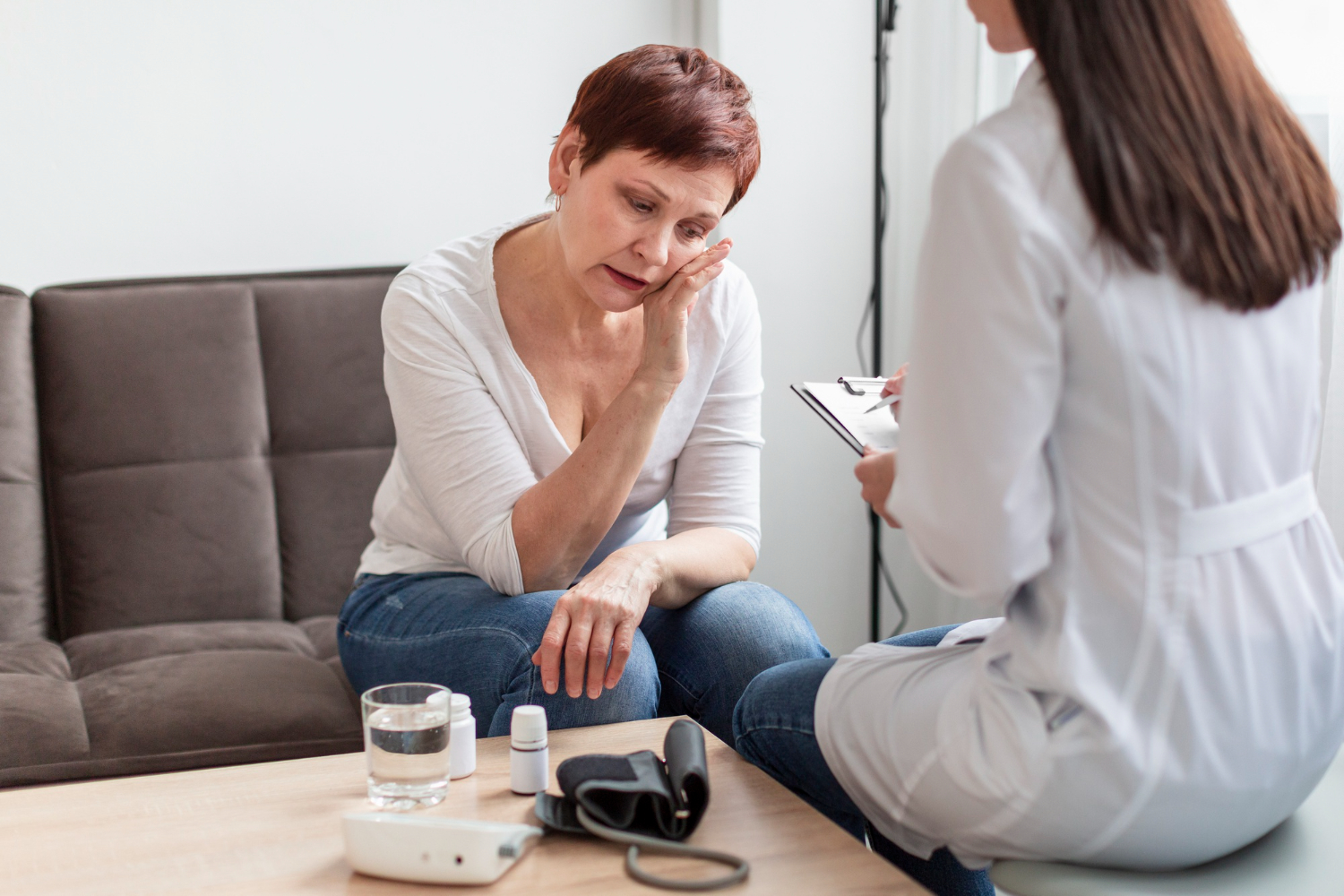There’s a moment we see often—but not always in person. Sometimes it happens in a bedroom, or a car, or a bar bathroom. The moment after relapse.
It’s quiet. Shame doesn’t always yell. Sometimes it whispers:
“I ruined it. All of it. I had 90 days. I was doing so well. They’re not going to want me back.”
If you’re reading this right now and those words feel familiar, we need you to hear something first:
You still belong here.
At Greylock Recovery, we’ve walked with so many alumni who returned after relapse—not because they gave up, but because they had the courage to ask for help again. Our residential treatment program in Williamstown, Massachusetts doesn’t close the door behind you. We keep it open. And we leave the light on.
You’re Not Starting Over—You’re Starting From Experience
Let’s name the fear: “Going back to residential means I failed. I’m starting from zero again.”
But here’s the truth: you’re not starting from scratch. You’re starting from experience.
You’ve already done the hard work of opening up, building a foundation, learning the language of recovery. That doesn’t go away because you relapsed. It’s still yours.
Coming back just means your recovery is real and alive—not a straight line, but a full story still unfolding. There is no shame in needing another chapter of care. That’s not failure—it’s follow-through.
Relapse Isn’t a Rejection of What You Learned
Another trap we see alumni fall into is this idea that relapse means you “wasted” your time in treatment.
You didn’t.
All of that effort—the trust you built, the tools you learned, the tears you cried—they didn’t vanish. They’re part of you. Sometimes, they’re what bring you back when things fall apart.
Relapse is often a stress response, not a decision made in clear daylight. It doesn’t erase your insight. It doesn’t undo your growth. It just means you need support again. And there’s nothing weak about that.
You Don’t Need to Apologize to Come Back
We hear it all the time:
“I don’t even know what to say.”
“I feel embarrassed.”
“What if they’re disappointed in me?”
Let us say it clearly: You do not need to explain, perform, or apologize to come back.
You don’t owe us the “right” words. You don’t need a redemption arc. What you need is support. What you deserve is care.
When you call, we won’t lecture you. We’ll ask: “How are you feeling right now, and how can we help?”
You’ve carried enough weight. We’re not here to add more. We’re here to lift some off.
This Time Might Be Different—And That’s a Good Thing
The second (or third, or fourth) time in treatment often lands differently.
You’re not trying to prove anything anymore. You’re not clinging to perfection. You’re just… tired. Ready. Open.
We’ve seen returning alumni do some of their most powerful, honest, and lasting work during this round of care—not because they’re “better,” but because they’re more willing to be seen as they are.
Coming back can bring a depth and humility that changes everything. You’re not new to this—you’re seasoned. That matters.
Returning to a Residential Treatment Program Doesn’t Mean You’re Broken
This world tells you that asking for help twice means you didn’t get it right the first time.
That’s a lie.
We go back to the doctor if symptoms return. We see a therapist again when life shifts. Why would recovery be any different?
A relapse doesn’t mean you’re broken. It means life got hard—maybe unbearable—and the tools you had weren’t enough this time. So you came back to get more. That’s courage. That’s wisdom. That’s you, still showing up.
You’re Still a Part of Our Community
You might be thinking: Everyone else has stayed clean. I don’t want to show my face.
But here’s what you don’t know: you’re not the only one.
Many of the people you respect in this community have relapsed before. Some came back quietly. Some loudly. But they came back. And they found people—their people—waiting with open arms.
You are not disqualified. You are not kicked out of the club. You are still one of us.
You’re not a cautionary tale. You’re a living story. Still in progress. Still welcome.

What Coming Back to Greylock’s Residential Program Looks Like
When you return, we don’t drop you back into the same exact program.
We meet you where you are now—and build from there.
Here’s what that could look like:
- An updated assessment that explores what’s changed since you left
- New therapeutic approaches if your needs have shifted
- Deeper focus on shame resilience, relapse prevention, and reentry planning
- Community that remembers your name—but won’t make you relive your last stay
- Flexibility in your clinical path—this is your recovery, not a repeat performance
You don’t have to pretend to be brand new. You get to be exactly where you are—and we’ll support you from there.
FAQ: Relapse and Returning to Residential Treatment
How long should I wait after a relapse to come back?
You don’t need to wait. Call us as soon as you feel ready. The sooner we reconnect, the more we can help prevent deeper crisis or escalation.
Will I have to go through detox again first?
Maybe. It depends on what substances were used, how recently, and in what amounts. We’ll guide you through that process with safety and respect.
Will I be judged or treated differently?
Absolutely not. Many of our staff and peers are in recovery themselves—and have been where you are. Judgment isn’t part of the culture here. Connection is.
Will I have the same treatment plan?
Not necessarily. We tailor every care plan to your current situation, not your past file. You’ll help co-create the structure and goals of your return.
Is it common for alumni to return?
Yes. Life is unpredictable. People lose access to support, face unexpected stress, or hit emotional overload. Coming back is common—and encouraged when needed.
Let This Be the Moment You Return to Yourself
You don’t need to explain it to everyone in your life. You don’t have to fix everything today. You don’t need to be at “rock bottom” to ask for help.
All you need is a willingness to try again—to make this moment not the end of something, but the beginning of your next phase.
At Greylock Recovery, we see returning alumni not as failures—but as fierce, resilient human beings still doing the work.
You’re not disqualified. You’re not too far gone. You’re not behind.
You’re invited. Still. Always.
Ready to Come Back? We’re Ready for You.
Call (413) 848-6013 to learn more about our residential treatment program services in Williamstown, Massachusetts. You still belong here. And we still believe in you.


